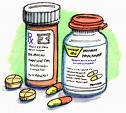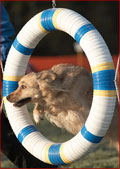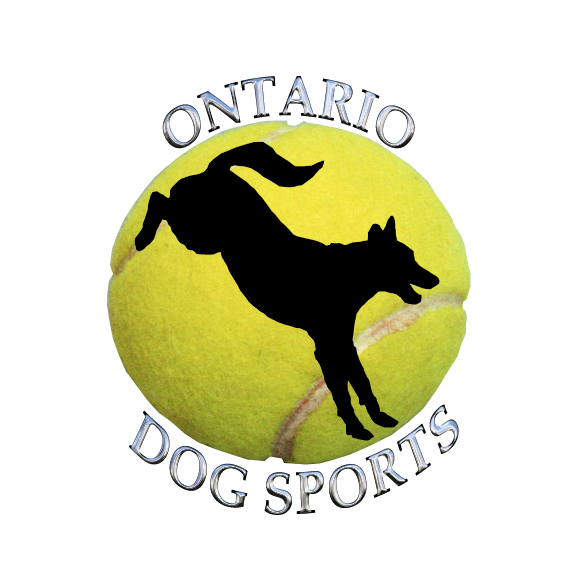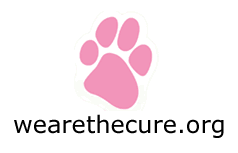Spring Safety Tips
Spring is the time for house cleaning, preparing the garden and starting home renovation projects. I wanted to remind everyone of these spring time safety tips:
 1. Keep cleaning products out of your dog's reach and do not allow your dog to walk on or lick surfaces that are still wet with cleaning products. If your dog does come in contact with these surfaces, they may experience skin irritation and some gastrointestinal problems. Most cleaning products are safe to use around pets if they are used as directed, including Swiffer Wet Jet and Febreeze, contrary to the urban myth that these products caused liver and kidney damage. If you suspect that your dog has ingested a quantity of a toxic cleaning product, contact your veterinarian immediately for treatment recommendations.
1. Keep cleaning products out of your dog's reach and do not allow your dog to walk on or lick surfaces that are still wet with cleaning products. If your dog does come in contact with these surfaces, they may experience skin irritation and some gastrointestinal problems. Most cleaning products are safe to use around pets if they are used as directed, including Swiffer Wet Jet and Febreeze, contrary to the urban myth that these products caused liver and kidney damage. If you suspect that your dog has ingested a quantity of a toxic cleaning product, contact your veterinarian immediately for treatment recommendations.

2. Do not dispose of old medicines in the garbage when cleaning out the medicine chest to prevent your dog from finding and ingesting them. Some human cold, allergy and sinus medications, especially those containing pseudoephedrine, are extremely toxic to dogs. Pain relievers, including acetaminophen (Tylenol) and ibuprofen (Advil), as well as various prescription drugs can be toxic to dogs. According to Health Canada, it is best to return drugs to a pharmacy for proper disposal.

3. Keep poisonous plants out of your home and yard to ensure your dog does not ingest them. Common plants toxic to dogs include daffodils, rhododendron, azaleas, tulip bulbs, oleander, yucca plants and some vegetable garden plants such as tomato vines. Symptoms will vary depending on the plant ingested and may include vomiting, diarrhea, heart and nervous system problems, coma and even death.
 4. Do not use slug and snail bait poisons around dogs that contain metaldehyde (eg. Corry's) which is sweet to attract slugs and also attracts dogs. If ingested, the product will affect the dog's nervous system causing twitching and tremors. Choose alternatives that are metaldehyde free and labeled safe for pets.
4. Do not use slug and snail bait poisons around dogs that contain metaldehyde (eg. Corry's) which is sweet to attract slugs and also attracts dogs. If ingested, the product will affect the dog's nervous system causing twitching and tremors. Choose alternatives that are metaldehyde free and labeled safe for pets.
5. During renovation projects, guard paints, building materials and electrical cords. Most water based paints are low in toxicity for dogs but may cause some gastrointestinal problems if ingested. If paint gets on your dog's fur, do not use paint remover as could burn the skin, simply wash with a mild shampoo or cut the fur. Keep an eye on loose nails, screws, staples and other building supplies to prevent dogs from chewing and swallowing them. This could result in not only cuts to the mouth but a full airway obstruction. Watch electrical tools to prevent your dog from chewing the cords and receiving mouth burns or being electrocuted.
are low in toxicity for dogs but may cause some gastrointestinal problems if ingested. If paint gets on your dog's fur, do not use paint remover as could burn the skin, simply wash with a mild shampoo or cut the fur. Keep an eye on loose nails, screws, staples and other building supplies to prevent dogs from chewing and swallowing them. This could result in not only cuts to the mouth but a full airway obstruction. Watch electrical tools to prevent your dog from chewing the cords and receiving mouth burns or being electrocuted.








 Ontario Dog Sports
Ontario Dog Sports
Reader Comments